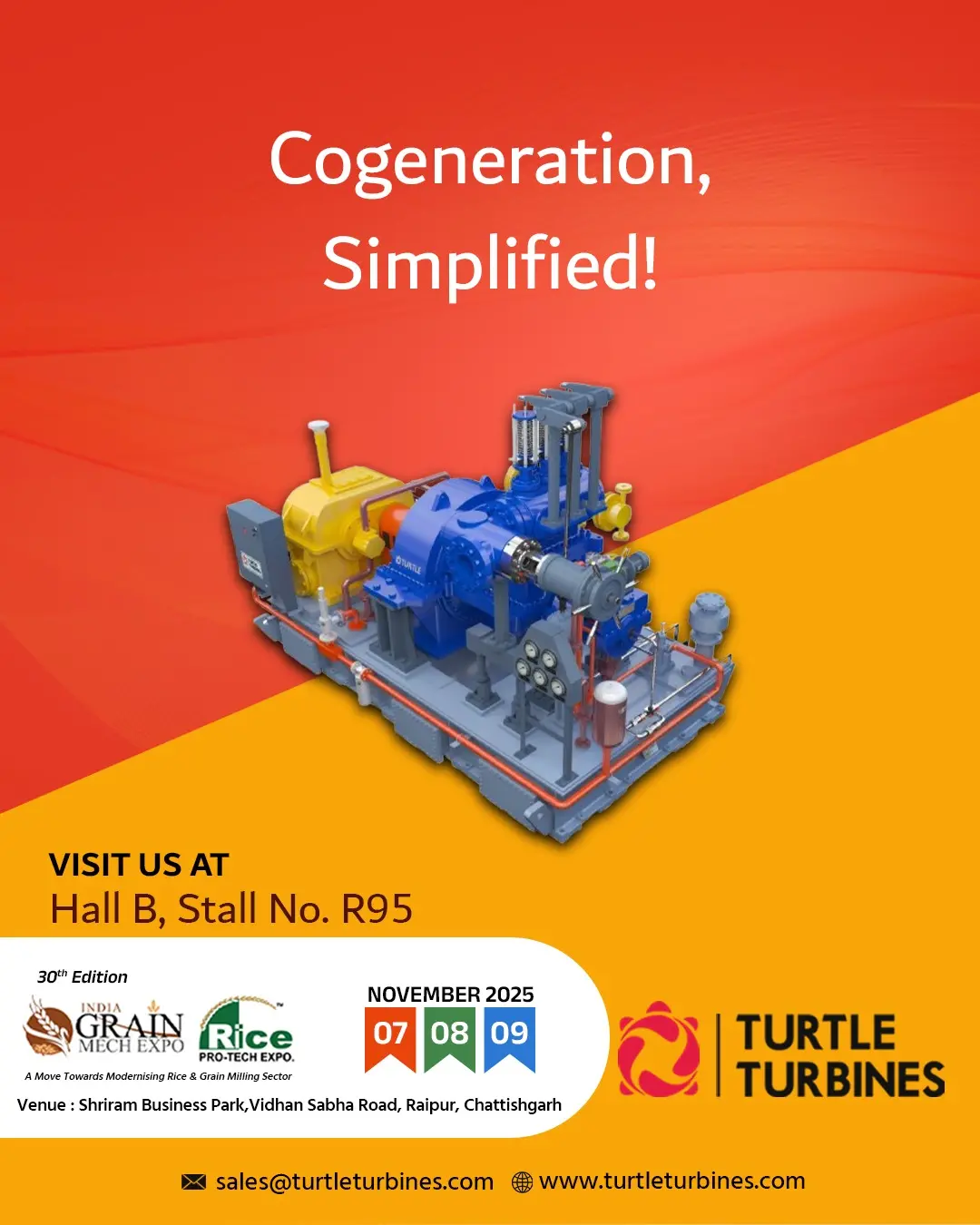The seafood industry in Thailand is a cornerstone of its economy, contributing significantly to both exports and local livelihoods. However, like many sectors, it faces increasing pressure to reduce its carbon footprint and align with global sustainability goals. Decarbonizing the seafood industry in Thailand is a critical step towards mitigating the environmental impact of overfishing, waste, and emissions from production processes. By integrating green technologies, such as microturbines, Thailand can take major strides towards cleaner energy solutions and more sustainable practices in seafood processing.
Microturbines, which are highly efficient and compact, offer a viable solution for reducing carbon emissions in seafood processing plants. These small-scale turbines can generate electricity using natural gas, biogas, or even renewable fuels, enabling seafood plants to reduce their dependence on conventional energy sources. Decarbonizing the seafood industry in Thailand with the help of microturbines can significantly improve energy efficiency and lower emissions, aligning the sector with international environmental standards. Their implementation can also reduce operational costs in the long run, which is a major incentive for businesses in the industry.
In addition to using microturbines, Thailand’s seafood industry can benefit from adopting renewable energy sources like solar and wind power. As the country is rich in natural resources, integrating these technologies into seafood production could provide a comprehensive strategy for decarbonizing the seafood industry in Thailand. Microturbines can complement solar and wind energy systems by acting as a reliable backup power source, ensuring continuous operation while reducing the need for fossil fuel-based energy. This hybrid approach could transform the industry, making it more resilient and environmentally friendly.
The Thai government has already taken steps to encourage sustainability in the seafood sector, but there is still much work to be done. Collaboration between the government, industry players, and technology providers will be essential in accelerating the adoption of clean technologies. Decarbonizing the seafood industry in Thailand is a long-term goal that requires commitment from all stakeholders. With microturbines playing a key role in energy transformation, Thailand’s seafood industry can lead the way in sustainable practices, setting a global example for other nations to follow.
Turtle Turbines is one of the most reputed steam turbine manufacturers from India for power generation, suitable for operation on the saturated and superheated steam boilers operating in various industries. Based in India, the company focuses on providing sustainable solutions for power generation and configurations to meet the needs of different applications. For more information please visit on www.turtleturbines.com
Meta Description- Learn how decarbonizing the seafood industry in Thailand, using technologies like microturbines, can drive sustainability, reduce emissions, and improve energy efficiency in seafood production.


